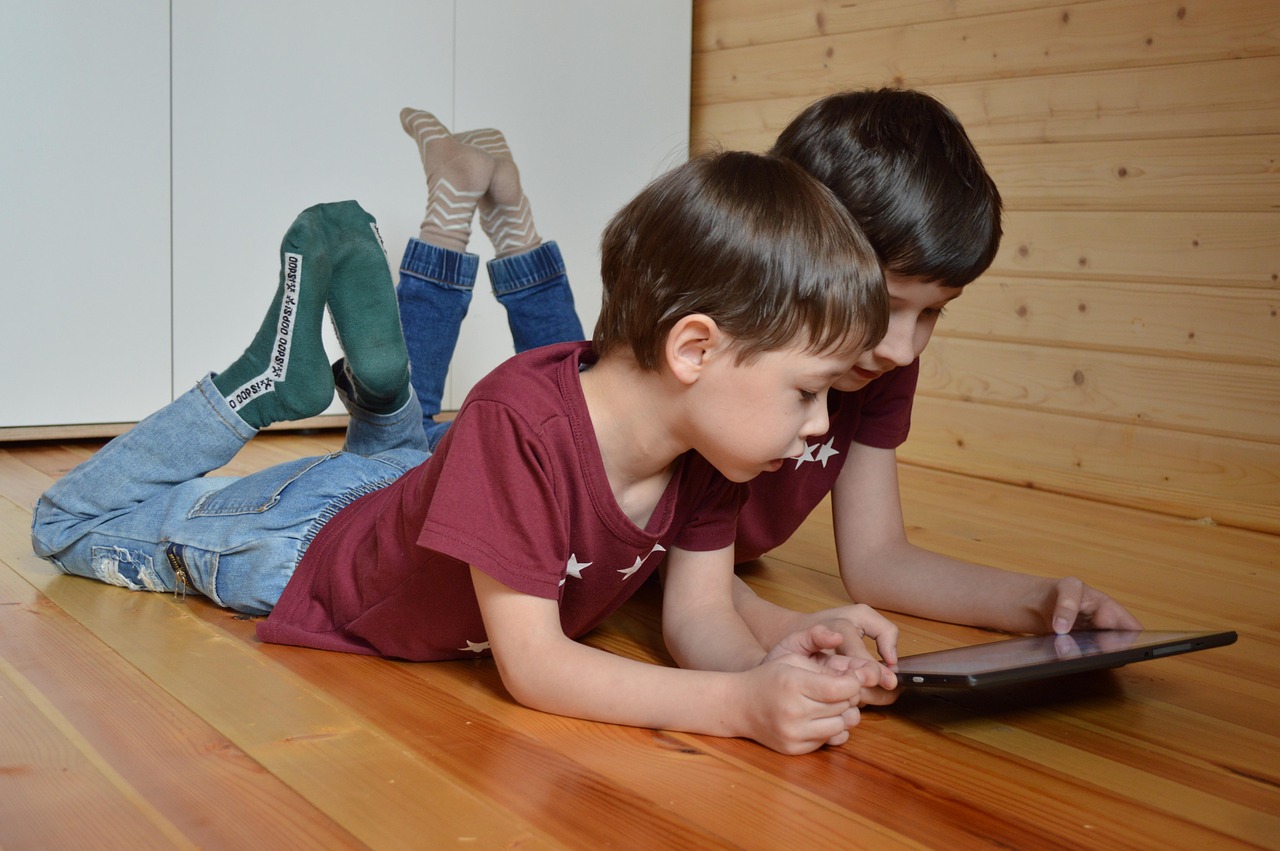Choosing the right camp for kids isn’t an easy decision for many parents. See what your child enjoys, their preferences for socialization, and whether they thrive in structured environments. Different camps provide varying activities, learning experiences, and social situations, all of which can shape a child’s growth and development.
The process of selecting a camp should involve discussions with your child about what they would like to gain from the experience. Here, we will outline the different types of camps available and focus on how to choose the right one to meet your child’s interests.
STEM Summer Camps
Science, Technology, Engineering, and Mathematics (STEM for short) camps focus on cultivating skills necessary for future innovation and problem-solving. Campers work on hands-on projects that can include robotics, coding, environmental science, and mathematics, cultivating a love for learning through practical applications.
Programs encourage exploration and creativity in science by using engaging tools and technologies. If your child is interested in technology, find tech camps for kids that are suitable for their age group and focus on their interests. Investing in these programs can uncover a child’s potential in STEM and impact their future opportunities.
Adventure Camps
Adventure camps are ideal for children who love outdoor activities and exploring new environments. They focus on hiking, rock climbing, canoeing, and zip-lining. These courses offer an immersive experience that encourages kids to step outside their comfort zone and develop survival skills. Children learn valuable lessons about teamwork, resilience, and self-reliance on their adventures.
The focus on outdoor activities can improve their appreciation for nature, sparking lifelong interests in environmental conservation. The camaraderie formed between campers creates lasting friendships that extend beyond the camp experience.
Arts Camps
For creative children, arts camps are perfect for expressing themselves through painting, music, dance, or theater. These camps immerse children in creative pursuits, allowing them to explore their artistic interests in a supportive environment. Instruction comes from skilled professionals who guide campers through different projects and techniques.
Children who engage in the arts can boost their self-confidence, learn to appreciate different perspectives, and discover new talents. Arts camps emphasize collaboration, as many projects require teamwork. The experience nurtures a passion for the arts that could inspire future career paths.
Sports Camps
Sports camps are designed for children who thrive in an athletic environment and want to improve their physical skills. Basketball, gymnastics, and swimming are some of the go-to options. They feature practices conducted by seasoned coaches, providing instruction on skill development, teamwork, and sportsmanship.
Participation in sports camps encourages kids to push their limits, helping them cultivate a strong work ethic and resilience. The emphasis on physical activity promotes a healthy lifestyle and combats the growing issue of childhood obesity. Children learn to work collaboratively and communicate effectively with their teammates. Sports camps instill a sense of achievement and confidence as kids reach goals and improve their athletic abilities.
Academic Camps
Children who need to revisit their academic skills during the summer can enroll in academic camps focused on mathematics, reading, or writing. Instruction features innovative teaching methods that encourage engagement and active participation. By focusing on subjects outside the standard curriculum, academic camps can spark curiosity and produce a deeper understanding of concepts.
Many camps tailor their programs to cater to different learning styles, which can make the experience more enjoyable and effective for all children. Such environments can alleviate pressure from school, allowing kids to learn in a non-judgmental setting.
Day Camps vs. Overnight Camps
When evaluating camp options, decide between day camps and overnight camps. Day camps allow children to return home each evening and provide a full day of activities, ideal for younger children or those hesitant about overnight stays. They mirror a traditional school schedule and feature a mix of structured and unstructured activities.
Overnight camps provide a more immersive experience where children can build independence and self-confidence and develop social skills. These camps include various activities and offerings that encourage deeper interaction among campers. A trial run with a shorter sleepover or day camp may help your child feel more comfortable with the overnight camp concept.
Make the Final Decision
After exploring the various types of camps available, it’s time to make the final decision. Discuss with your child their interests, preferences, and what they hope to experience at camp. Create a list, narrow down the options, and facilitate conversations about each specific type. Encourage your child to share their excitement or reservations so that they feel comfortable with the selected option.
Visit potential camps in person, and don’t hesitate to ask questions to gather more information. Factor in the camp’s philosophy, staff qualifications, and safety before making a commitment. Choosing the right camp should be a collaborative effort, as it will improve your child’s experience and satisfaction.
Knowing the varying options of camps available can help parents and children make informed decisions that align with interests and aspirations. By recognizing what each camp has to offer, parents can guide their kids toward an experience that encourages growth, learning, and lasting memories.





























